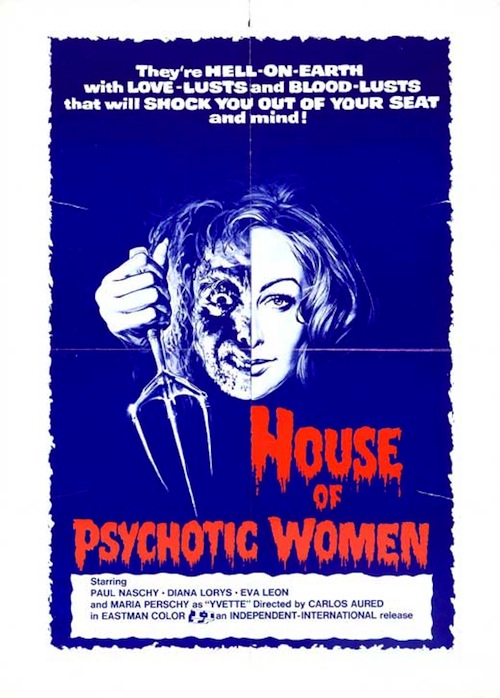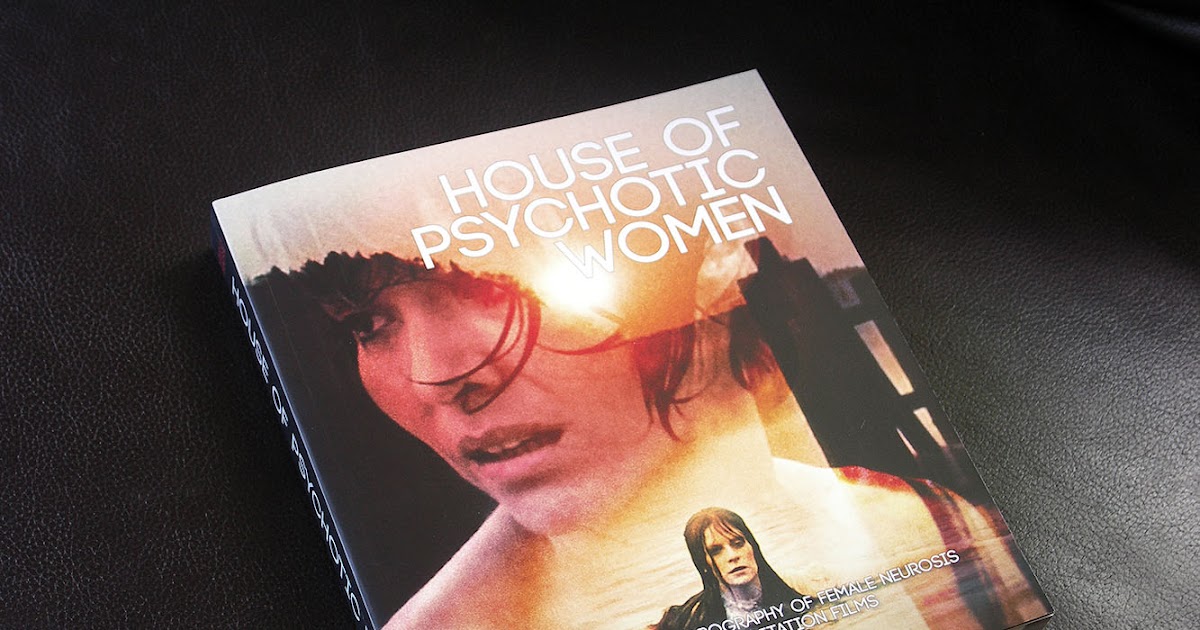


Simply put, Identikit is worth the purchase price of the set alone. The Italian filmmaking figurehead makes an appearance elsewhere in the set, but more on that later. Where those other two films were a bit more lurid in their execution, Identikit gains power from having a mix of Italian house style from that era and sturdy, handsome widescreen compositions by legendary cinematographer Vittorio Storaro. Okay, yeah, I get that the above may read like hooey, but Identikit sincerely belongs in the crazed Taylor canon with Joseph Losey’s Secret Ceremony and Boom!. And when the climax arrives, it’s like a fragmented brain having a moment of clarity before turning inward fatally. Her mission is unclear and the jagged cutting between the past, present and possible future further complicates matters. Boasting one of Taylor’s wildest performances and complete with the kind of nerve-shredding emotional pain that the beloved actress was so talented at depicting, the film follows a clearly mentally disturbed woman arriving in Rome during a time of great violence fueled by the autocratic government.

Up first in the set is the Elizabeth Taylor-starring 1974 thriller Identikit – also known as The Driver’s Seat in the very short theatrical release the film received in the US – and immediately we’re thrown into female madness at its most bizarre and weirdly intoxicating.

And if you haven’t received the hint already, all four films contain the kind of confrontational imagery that the book excelled at depicting both visually and mentally. I’d be remiss not to mention that each film in this set offers its own unique representation of female madness, perfectly coupled to the book but also giving added weight to Janisse’s exacting analysis. For those of you who have already read House of Psychotic Women, the massive exploration of female neurosis in horror and exploitation films, then you may already be familiar with a couple of titles in this new box set.


 0 kommentar(er)
0 kommentar(er)
